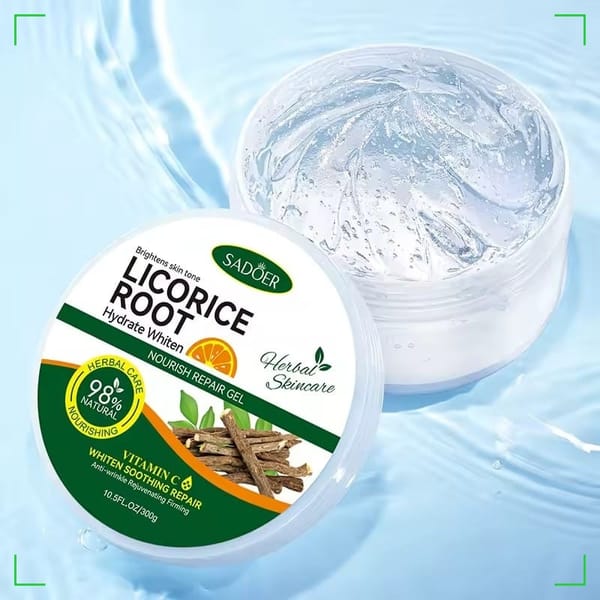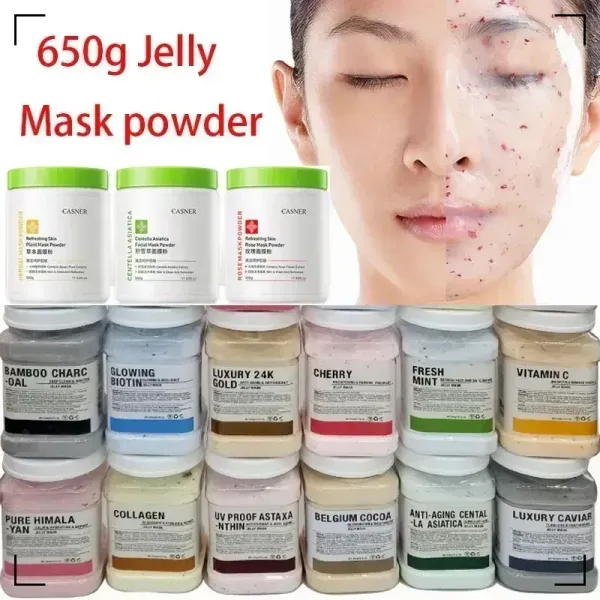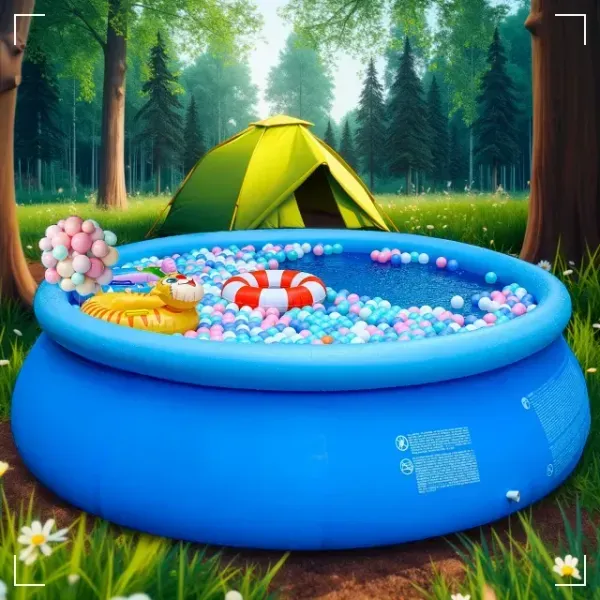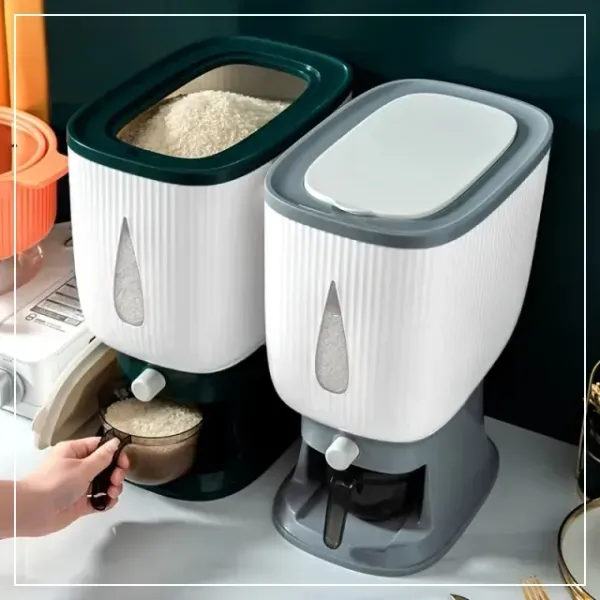🌿Sustainable Fashion Trends
This blog post explores the key trends in sustainable fashion and provides practical tips for building a more eco-friendly wardrobe. Fashion is a powerful form of self-expression, but it also has a significant environmental and social impact.
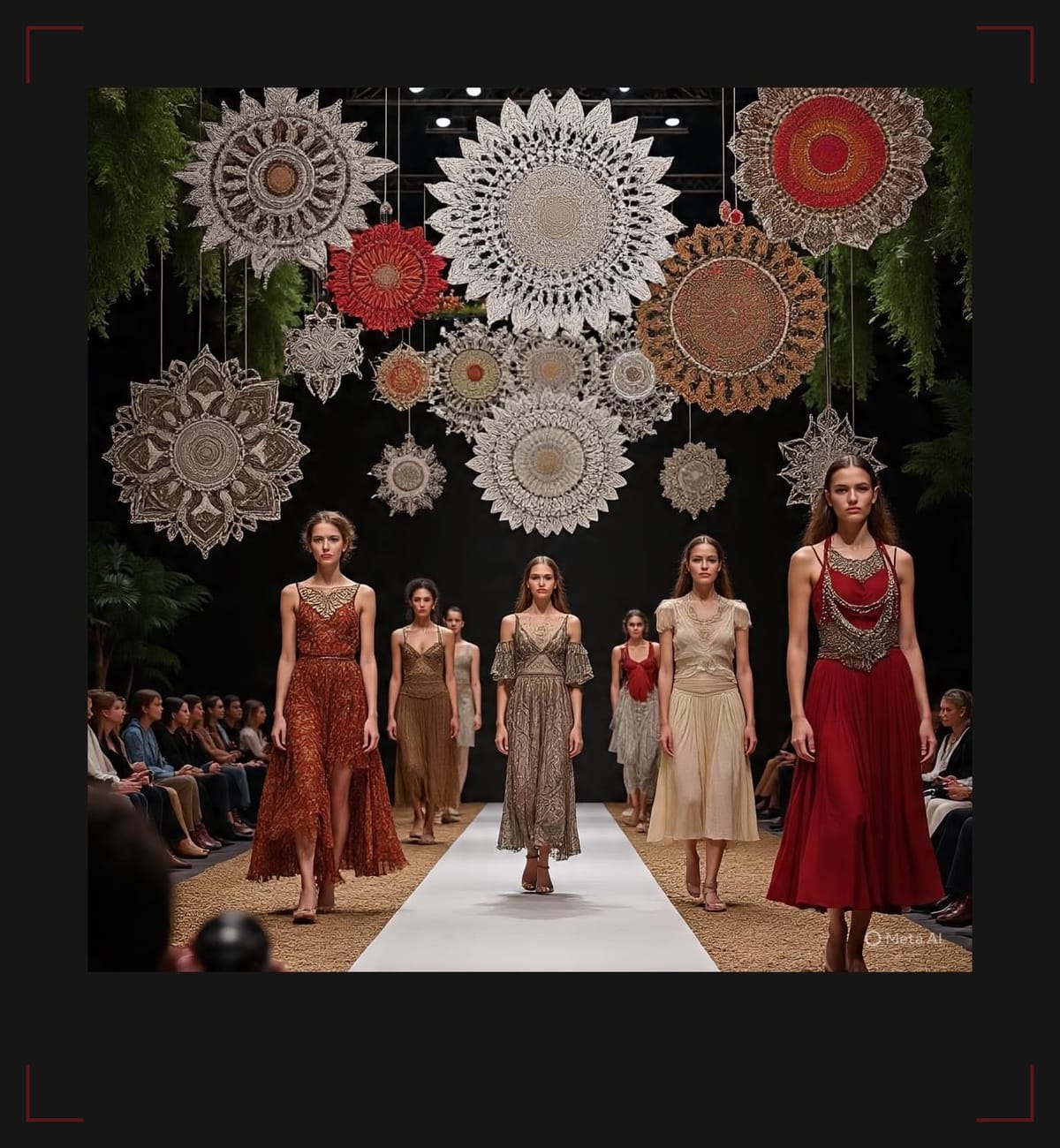
Eco-friendly choices for your wardrobe
© 2025 TribalEcoGlobalLegacyCo
🌿The Rise of Eco-Conscious Style
Fashion is a powerful form of self-expression, but it also has a significant environmental and social impact. The rise of sustainable fashion reflects a growing awareness of these issues and a desire to make more responsible choices. This blog post explores the key trends in sustainable fashion and provides practical tips for building a more eco-friendly wardrobe.
🌿Eco-Friendly Materials
The foundation of sustainable fashion lies in the materials used. Here are some popular eco-friendly options:
Organic Cotton:
- Grown without synthetic pesticides or fertilizers, organic cotton reduces the environmental impact on soil and water.
- Recycled Materials: Fabrics made from recycled plastic bottles (rPET), fishing nets, or textile waste help reduce landfill waste and conserve resources.
- Tencel/Lyocell: These fabrics are made from sustainably sourced wood pulp using a closed-loop production process that minimizes waste and water usage.
- Hemp: A fast-growing, low-impact crop that requires minimal water and pesticides. Hemp fibers are strong, durable, and breathable.
- Linen: Made from flax, linen is another low-impact crop that requires little water and pesticides. It is durable and breathable, making it ideal for warm weather clothing.
🌿Fashion: More Than Just Clothes
Fashion is a powerful form of self-expression. It reflects our identity, values, and aspirations. However, the fashion industry also has significant environmental and social impacts.
From resource-intensive production processes to unethical labor practices, the conventional fashion industry contributes to pollution, waste, and social inequality.
🌿Fashion in Nature: A Drone's Perspective
Imagine a world where fashion harmonizes with nature. Our drone footage captures models adorned in eco-friendly garments amidst breathtaking landscapes. Flowing organic cotton dresses billow in the wind against a backdrop of lush forests.
Upcycled denim jackets stand out against stark, rocky cliffs. These visuals highlight the beauty and potential of sustainable fashion, inspiring us to make conscious choices that protect our planet.

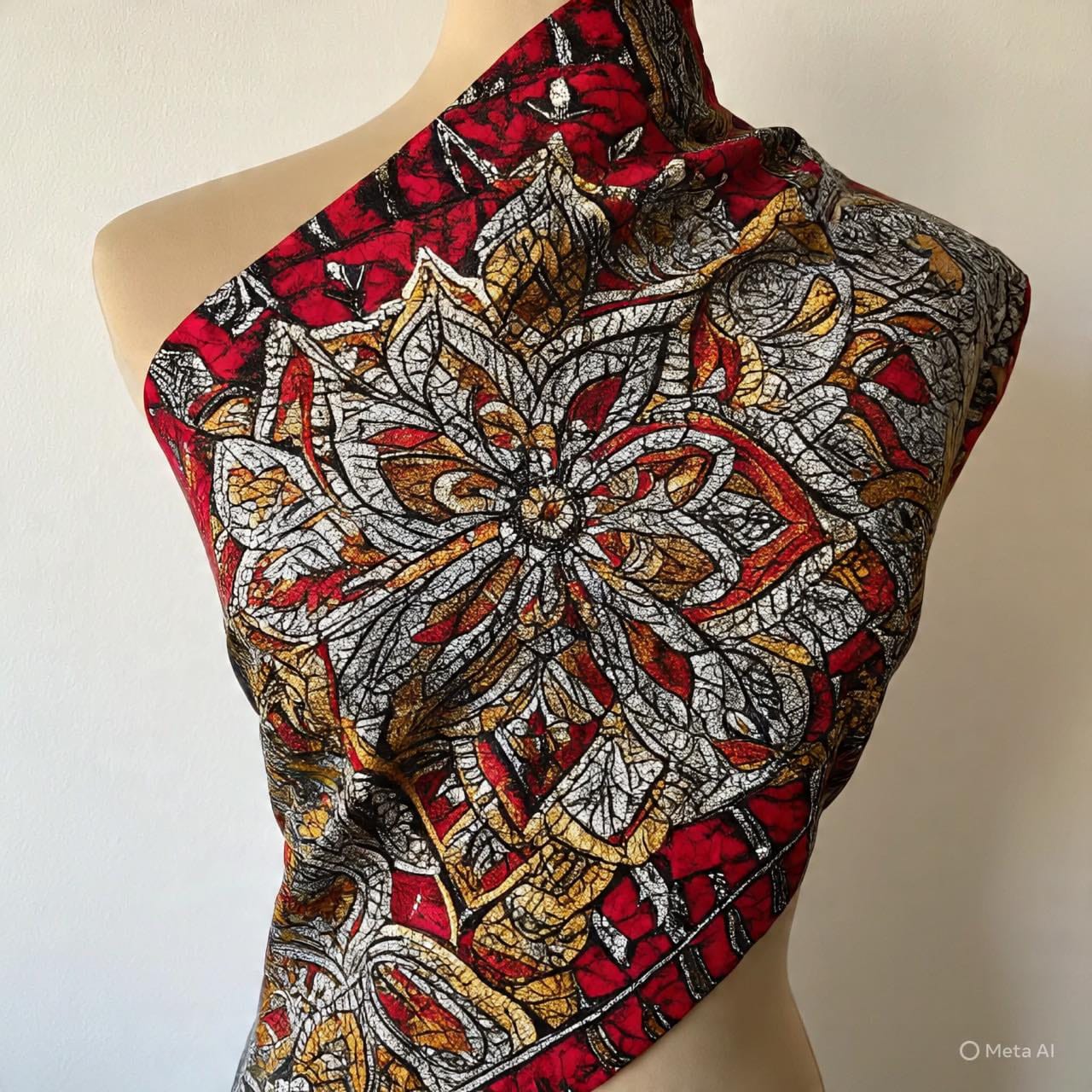
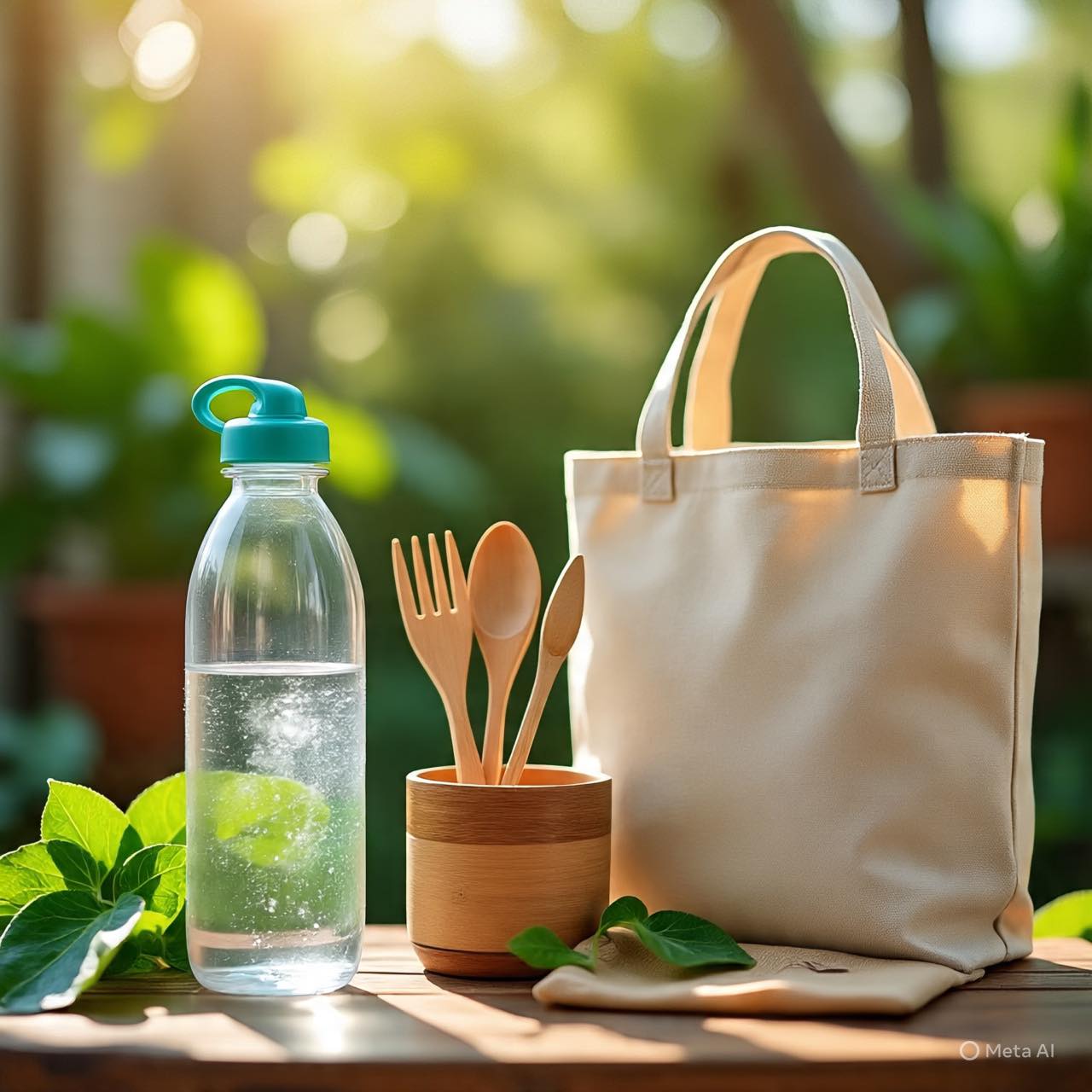
🌿Ethical Production
Sustainable fashion also encompasses ethical labor practices. Look for brands that prioritize fair wages, safe working conditions, and worker empowerment. Certifications like Fair Trade and SA8000 can help ensure that the garments you buy are made ethically.
🌿Upcycling and Repurposing
Upcycling involves transforming discarded materials or products into new items of higher value. This reduces waste and creates unique, one-of-a-kind pieces. Consider these upcycling options:
- Vintage and Secondhand Clothing: Shopping for vintage or secondhand clothing is a great way to give existing garments a new life.
- DIY Upcycling Projects: Transform old t-shirts into tote bags, denim scraps into patchwork quilts, or worn-out sweaters into cozy cushions.
- Clothing Swaps: Organize clothing swaps with friends or community groups to exchange unwanted items and refresh your wardrobe without buying new.
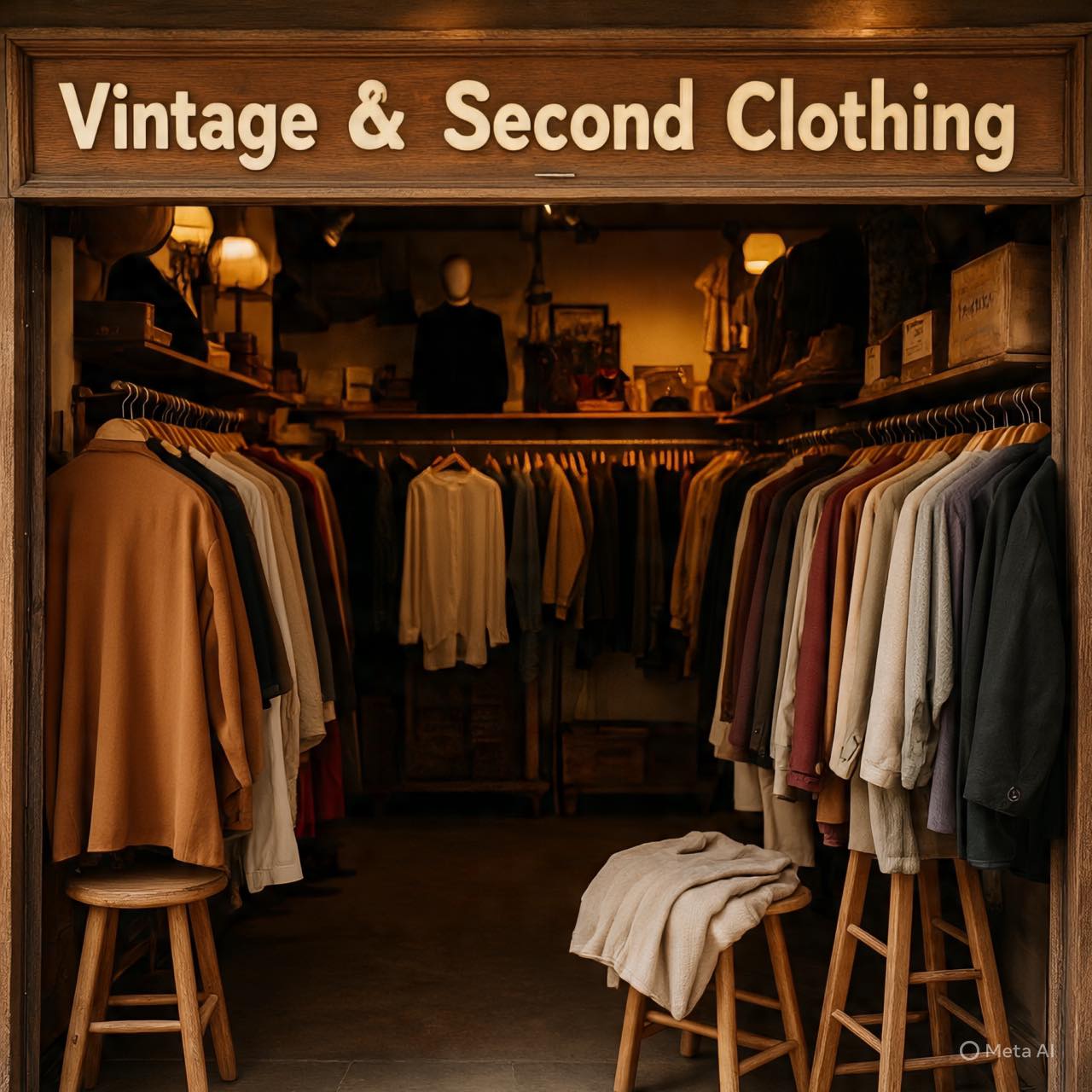

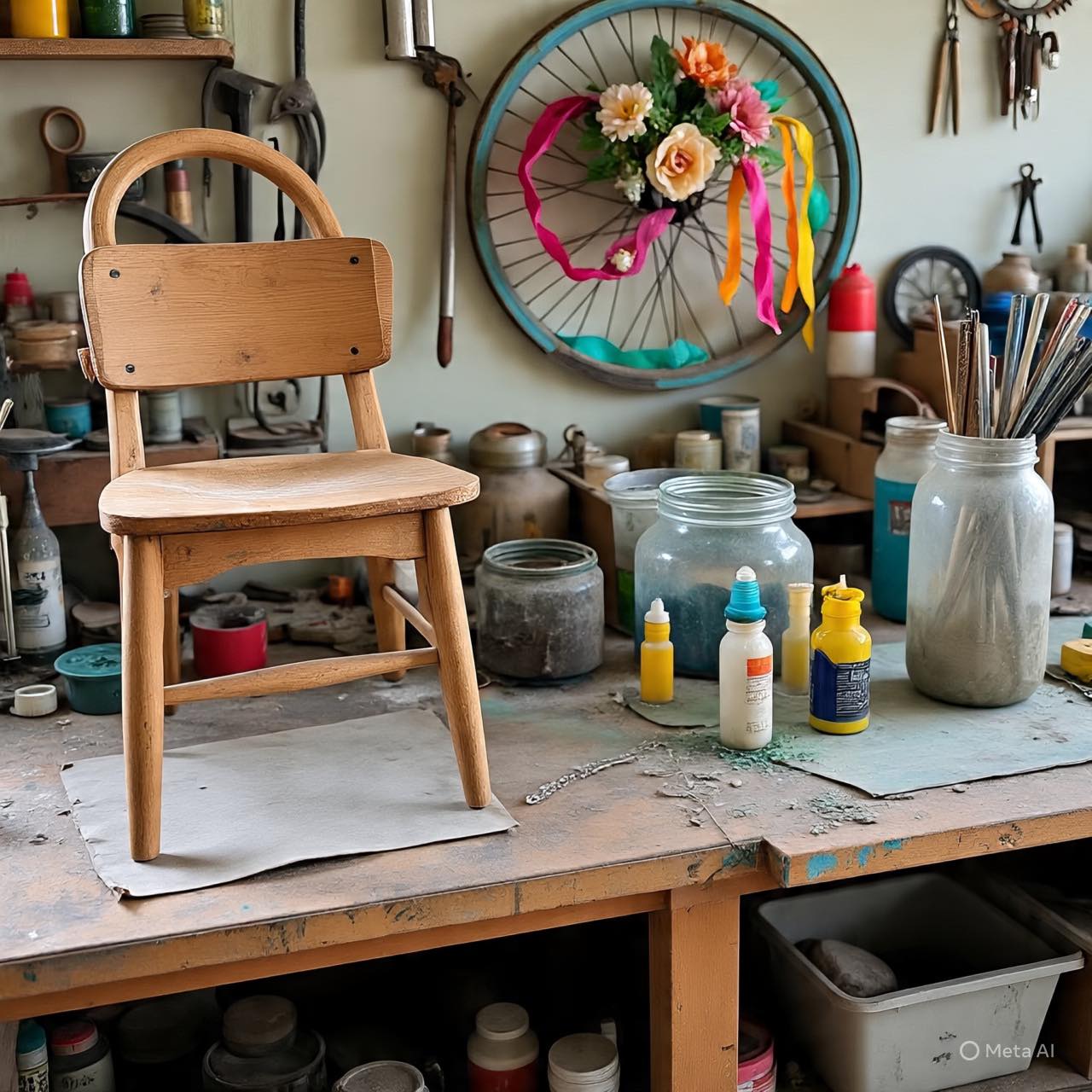
🌿Building Your Eco-Friendly Wardrobe: Practical Tips
Buy Less:
- The most sustainable choice is to simply buy less clothing. Consider whether you truly need a new item before making a purchase.
- Choose Quality over Quantity: Invest in well-made, durable garments that will last longer. Avoid fast fashion trends that are designed to be disposable.
- Read Labels: Pay attention to the materials and production methods used to create the garments you buy. Look for eco-friendly certifications and ethical labor practices.
- Care for Your Clothes Properly: Wash your clothes in cold water, hang them to dry, and repair them when necessary to extend their lifespan.
- Support Sustainable Brands: Seek out brands that are committed to sustainability and ethical production.
- Rent or Borrow: Consider renting or borrowing clothing for special occasions instead of buying something new.
- Dispose of clothing responsibly: Donate or recycle unwanted clothes instead of throwing them away.
🌿Embracing a Sustainable Style
Sustainable fashion is more than just a trend; it's a movement towards a more responsible and ethical way of consuming. By making conscious choices about the materials we wear, the brands we support, and the way we care for our clothes, we can all contribute to a more sustainable future for the fashion industry.
🌿As consumers, we have the power to drive change by making informed choices and supporting brands that align with our values. Let's embrace sustainable fashion and express ourselves responsibly, creating a brighter future for both people and the planet.🌿


